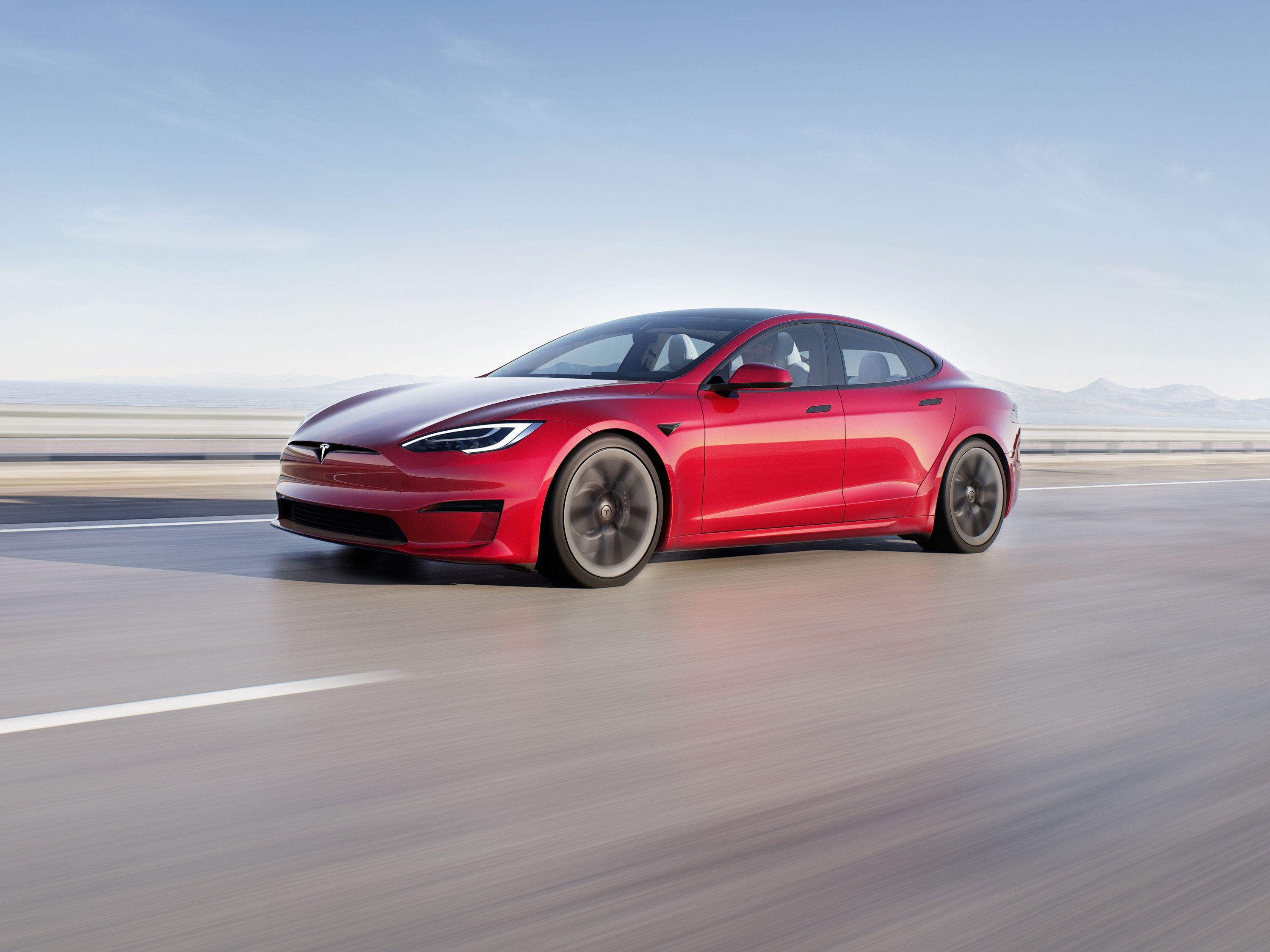
The Biden administration is moving fast to pass a $1 trillion infrastructure bill that, among many things, aims to expand an electric vehicle charging infrastructure. The White House wants all automakers to pledge at least 40 percent of their vehicles will be pure battery electrics by 2030. Aside from environmental concerns, there's another important subject the feds aim to tackle: safety, specifically preventing drunk drivers.
Reuters reports that contained within that massive spending bill is a provision authorizing government safety regulators to demand automakers to develop and equip new vehicles with a passive technology to stop drunk drivers from even starting their vehicles. The data indicates this tech could save up to 10,000 lives every year.
Such technology is definitely possible but it must go beyond what, for example, Tesla's Autopilot system is capable of doing. If the system detects a lack of torque on the steering wheel because the driver's hands are elsewhere then it'll slowly put the car into shutdown mode before it comes to a complete stop on the side of the road. This was just demonstrated by a Model S whose driver was drunk and passed out.
Where automakers will probably run into trouble when developing a specific drunk driving preventive system is accuracy. Will automakers utilize devices that measure a driver's blood alcohol level? If so, how so? Could this be accomplished by touching the steering wheel? The start/stop button? What about built-in sensors to monitor a driver's breadth and/or eye movements?
If having the government force automakers to spend money on this sounds kind of un-American, then consider that drunk driving deaths cost the country $44 billion in economic costs and another $210 billion in "comprehensive societal costs."
Police departments arrest around 1 million drivers every year for being impaired behind the wheel. Drunk driving preventive tech is a smart societal investment, just like any other piece of safety tech. The government forced automakers to make airbags standard years ago and countless lives have since been saved. If the Senate bill passes, the Transportation Department will then be required to set a three-year time limit to set the new tech standard and at least two more years for automakers to add the system to all new vehicles.
